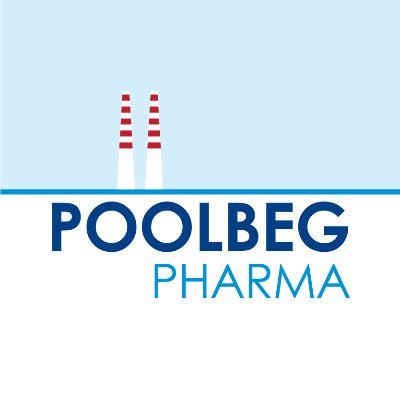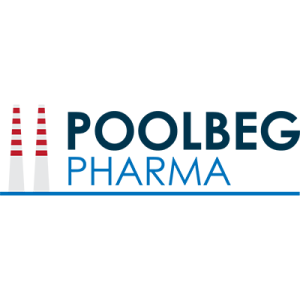Poolbeg Pharma plc (LON:POLB), a clinical stage infectious disease pharmaceutical company with a unique capital light clinical model, has announced that, further to its announcement in March 2022, the construction of the computational artificial intelligence (AI) influenza disease model has been completed by CytoReason Limited, indicating that it is on track to deliver outputs in Q2 2023.
The model aims to unlock clinically meaningful insights into influenza infection and recovery through the analysis of Poolbeg’s unique human challenge trial data. CytoReason has now built a tailored AI model using Poolbeg’s data which will allow the team to identify novel influenza drug targets for Poolbeg.
CytoReason’s technologies are externally validated through its commercial partnerships with five of the world’s top ten global pharma companies accessing its world-leading AI models, including Pfizer, Roche, and Sanofi. CytoReason’s application of Poolbeg’s unique human challenge trial data to build and train its first AI model in infectious diseases further testifies to the value of this data.
CytoReason’s world leading algorithms and experts will enable the Poolbeg team to identify the most promising drug targets to treat disease. The Company plans to source drugs with existing Phase I safety data that, in line with the Poolbeg business model, can immediately continue clinical development to rapidly generate early human proof of concept data for influenza, with the ultimate aim of monetising the asset through partnerships and licensing deals with pharma and biotech.
Jeremy Skillington, PhD, CEO of Poolbeg Pharma, said:
“CytoReason builds world-class AI disease models and we look forward with great anticipation to the outputs from their analysis of our unique repository of clinical samples and associated data from influenza human challenge trials. Indeed this is the first time that AI is being used to analyse influenza human challenge trial data which Poolbeg is proud to be part of.”
“Completion of this first stage of development demonstrates yet another milestone reached in the Company’s stated R&D strategy and brings us one step closer to realising the significant opportunities that arise from this partnership. There is a growing focus on AI discovered drug targets within the industry and we are assessing interest in collaboration opportunities for our AI-enabled novel targets which we expect in Q2 2023 from this programme.”
David Harel, CEO of CytoReason, said:
“Now that our influenza disease model has been enriched by Poolbeg’s unparalleled data, we are excited to evaluate the novel disease mechanisms on our platform. This will potentially identify drug targets that can be used to develop treatments for influenza, a significant global health threat, in a much shorter time-frame and more cost effectively than with traditional reductionist analysis and drug discovery techniques.”


